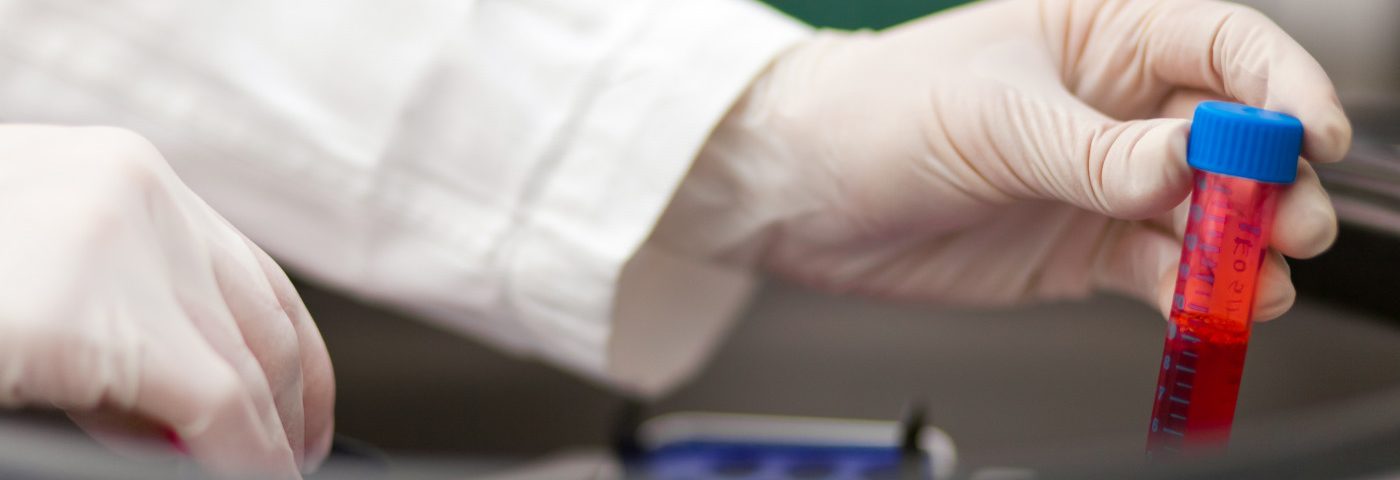The first patient has been dosed in a Phase 1 clinical trial testing ADXS-NEO, a potential cancer immunotherapy designed to activate immune system responses against the unique mutations in each patient’s tumor.
This patient is being treated for non-small cell lung cancer (NSCLC). However, the trial also is recruiting people with metastatic microsatellite stable colon cancer and metastatic squamous head and neck cancer.
ADXS-NEO, which is being developed in a collaboration between Advaxis and Amgen, is a new immunotherapy approach that detects mutations specific to a patient’s tumor and mounts an immune attack against cells bearing those mutations.
To do that, researchers first have to identify which mutations are specific to a patient’s tumor and not present in the their normal tissues, which they do by using advanced sequencing technology.
After identifying these tumor-specific mutations, researchers are able to spot the proteins corresponding to those mutations that also are unique to the patient’s tumor.
Then, the bits of DNA that produce these proteins are placed inside a weakened bacteria, called Listeria monocytogenes (Lm). This creates a kind of vaccine. When the bacteria are injected into the patient and taken up by immune cells, the cancer proteins will be seen as malignant.
The Phase 1 trial (NCT03265080), currently recruiting in the United States, is testing three ascending doses of the Lm-based immunotherapy to determine the best dose for further testing.
To participate, patients must first undergo a biopsy, and a personalized treatment will be available within eight weeks.
The trial’s primary goals are safety, blood, serum, and urine values, vital signs, and a maximum tolerated dose. Secondary goals include tumor responses, the time a patient lives without disease worsening, and survival.
“We are extremely pleased to advance ADXS-NEO into the clinic,” Kenneth A. Berlin, president and CEO of Advaxis, said in a press release. “We are committed to realizing the potential of ADXS-NEO to mobilize patients’ immune systems against mutations that accumulate within and contribute to the development of their cancer, and to bring the potential benefits of our technology to more patients and their families.”
Pre-clinical findings for ADXS-NEO were presented in April at the 2018 American Association for Cancer Research (AACR) Annual Meeting.
The findings presented suggest that ADXS-NEO generates T-cell responses against cancer proteins, even when they were identified as “non-immunogenic” (that do not generate immune responses) using conventional methods.
Using the same approach as that used to develop ADXS-NEO, Advaxis also is developing other immunotherapies, such as ADXS-HER2, to combat bone and other cancers that generate a protein called HER2, and ADXS-PSA, a potential treatment for prostate cancer.


